OSFI has announced that uninsured mortgage borrowers will be allowed to switch from their current lender to a new lender at renewal without requiring a stress test if they find a better product/rate with another lender. This change goes into effect November 21st,2024. Insured borrowers (those who put less than 20% down on purchase) have had option since early this year. Currently the conventional mortgage borrowers must qualify at the stress test rate (which has been the contract rate + 2% mainly) to show they can afford the mortgage in the event rates went up. This change, one that has been advocated…
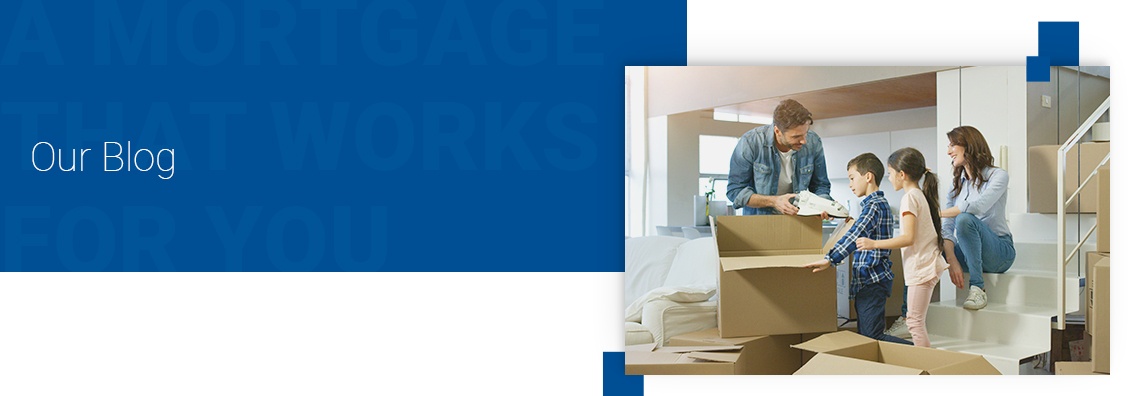
-
More choices at renewal time starting November 21st, 2024
Author: Victor And Taufeeq | | Categories: best mortgage rate , mortgage rates , variable rate , your lifestyle mortgage , alternate flip financing , buy and sell homes , CMHC Insurance , Easy Mortgage Approval , First Time Buyer Mortgage , fixed rate , flip financing , flip property , Flip property Toronto , High Ratio Mortgage , hot housing market , Lowest Mortgage Rate , MDI , Mortgage Agent , Mortgage Approval , Mortgage Broker , Mortgage Default Insurance , Mortgage Features , Mortgage Insurance Premium , Mortgage Penalties , Mortgage Refinance , Mortgage Renewal , Mortgage Services , No Money Down Mortgage , Private Mortgage , property flip ontario , property flipping , real estate investor , Reverse Mortgage , Self Employed Mortgage , seller's market , Short term flip financing

-
High Interest Non-mortgage debt?
Author: Victor And Taufeeq | | Categories: best mortgage rate , mortgage rates , variable rate , your lifestyle mortgage , alternate flip financing , buy and sell homes , CMHC Insurance , Easy Mortgage Approval , First Time Buyer Mortgage , fixed rate , flip financing , flip property , Flip property Toronto , High Ratio Mortgage , hot housing market , Lowest Mortgage Rate , MDI , Mortgage Agent , Mortgage Approval , Mortgage Broker , Mortgage Default Insurance , Mortgage Features , Mortgage Insurance Premium , Mortgage Penalties , Mortgage Refinance , Mortgage Renewal , Mortgage Services , No Money Down Mortgage , Private Mortgage , property flip ontario , property flipping , real estate investor , Reverse Mortgage , Self Employed Mortgage , seller's market , Short term flip financing

Many people may be in a situation where they have accumulated debts on high interest accounts such as credit cards and other credit sources. The interest rates that are being charged on these loans may be quite high and may also be rising with the Bank of Canada interest rate hikes.
Homeowners may have the ability to take advantage of some options that may alleviate the high carrying costs and create a better cash flow on a monthly basis. These options may be used to help pay these debts off sooner rather than later or help with monthly expenses that have risen in the current inflationary market.
-
Difference between ARM and VRM Mortgage Products
Author: Victor And Taufeeq | | Categories: best mortgage rate , mortgage rates , variable rate , your lifestyle mortgage , alternate flip financing , buy and sell homes , CMHC Insurance , Easy Mortgage Approval , First Time Buyer Mortgage , fixed rate , flip financing , flip property , Flip property Toronto , High Ratio Mortgage , hot housing market , Lowest Mortgage Rate , MDI , Mortgage Agent , Mortgage Approval , Mortgage Broker , Mortgage Default Insurance , Mortgage Features , Mortgage Insurance Premium , Mortgage Penalties , Mortgage Refinance , Mortgage Renewal , Mortgage Services , No Money Down Mortgage , Private Mortgage , property flip ontario , property flipping , real estate investor , Reverse Mortgage , Self Employed Mortgage , seller's market , Short term flip financing

What is the difference between an ARM (Adjustable rate mortgage) and a VRM (Variable rate mortgage)?
This is a great question and one that has become extremely relevant over the past few years. Both options are tied to the lender’s Prime lending rate. For example, you may receive an option for your mortgage rate to be “Prime minus 1%”, this simply means that your mortgage interest rate would be the lender’s Prime rate minus 1%. If the Prime lending rate was 6.7%, your effective interest rate would be 5.7% (6.7% - 1%).
-
Is it possible to purchase a home with no money down?
Author: Victor And Taufeeq | | Categories: best mortgage rate , mortgage rates , variable rate , your lifestyle mortgage , alternate flip financing , buy and sell homes , CMHC Insurance , Easy Mortgage Approval , First Time Buyer Mortgage , fixed rate , flip financing , flip property , Flip property Toronto , High Ratio Mortgage , hot housing market , Lowest Mortgage Rate , MDI , Mortgage Agent , Mortgage Approval , Mortgage Broker , Mortgage Default Insurance , Mortgage Features , Mortgage Insurance Premium , Mortgage Penalties , Mortgage Refinance , Mortgage Renewal , Mortgage Services , No Money Down Mortgage , Private Mortgage , property flip ontario , property flipping , real estate investor , Reverse Mortgage , Self Employed Mortgage , seller's market , Short term flip financing

There is technically a way to do this, purchase with completely borrowed funds.
Down payment is required of at least 5% of the purchase price if the property is $500,000 or less.
-
Reverse Mortgage / No Monthly Payments Home Equity Loan
Author: Victor And Taufeeq | | Categories: best mortgage rate , mortgage rates , variable rate , alternate flip financing , buy and sell homes , CMHC Insurance , Easy Mortgage Approval , First Time Buyer Mortgage , fixed rate , flip financing , flip property , Flip property Toronto , High Ratio Mortgage , hot housing market , Lowest Mortgage Rate , MDI , Mortgage Agent , Mortgage Approval , Mortgage Broker , Mortgage Default Insurance , Mortgage Features , Mortgage Insurance Premium , Mortgage Penalties , Mortgage Refinance , Mortgage Renewal , Mortgage Services , No Money Down Mortgage , Private Mortgage , property flip ontario , property flipping , real estate investor , Reverse Mortgage , Self Employed Mortgage , seller's market , Short term flip financing

With the increase of interest rates and inflation, many consumers are feeling the effect of increased prices and cost of living. There may be a solution that can help without the burden of an additional monthly payment. In fact, in many cases, not only is there no additional monthly payment but the existing monthly payments may be erased as well. The result is a much needed stress relief and the ability to live at the lifestyle that we have been accustomed to while at the same time age in our own home. The Reverse Mortgage may be the answer and the process is very simple.
-
Should I lock in my mortgage rate, or should I stay with my variable rate?
Author: Victor And Taufeeq | | Categories: best mortgage rate , mortgage rates , variable rate , alternate flip financing , buy and sell homes , CMHC Insurance , Easy Mortgage Approval , First Time Buyer Mortgage , fixed rate , flip financing , flip property , Flip property Toronto , High Ratio Mortgage , hot housing market , Lowest Mortgage Rate , MDI , Mortgage Agent , Mortgage Approval , Mortgage Broker , Mortgage Default Insurance , Mortgage Features , Mortgage Insurance Premium , Mortgage Penalties , Mortgage Refinance , Mortgage Renewal , Mortgage Services , No Money Down Mortgage , Private Mortgage , property flip ontario , property flipping , real estate investor , Reverse Mortgage , Self Employed Mortgage , seller's market , Short term flip financing

This is a great question, and is on the minds of many mortgage holders. The answer is not so simple and may not have such a simple answer as “Yes” or “No”. Let’s analyze what may be involved in this decision. The best decision will be the one that you can live with and be comfortable with.
-
Short term real estate financing solution for investors and home flippers
Author: Victor And Taufeeq | | Categories: best mortgage rate , mortgage rates , variable rate , alternate flip financing , buy and sell homes , CMHC Insurance , Easy Mortgage Approval , First Time Buyer Mortgage , fixed rate , flip financing , flip property , Flip property Toronto , High Ratio Mortgage , hot housing market , Lowest Mortgage Rate , MDI , Mortgage Agent , Mortgage Approval , Mortgage Broker , Mortgage Default Insurance , Mortgage Features , Mortgage Insurance Premium , Mortgage Penalties , Mortgage Refinance , Mortgage Renewal , Mortgage Services , No Money Down Mortgage , Private Mortgage , property flip ontario , property flipping , real estate investor , Reverse Mortgage , Self Employed Mortgage , seller's market , Short term flip financing
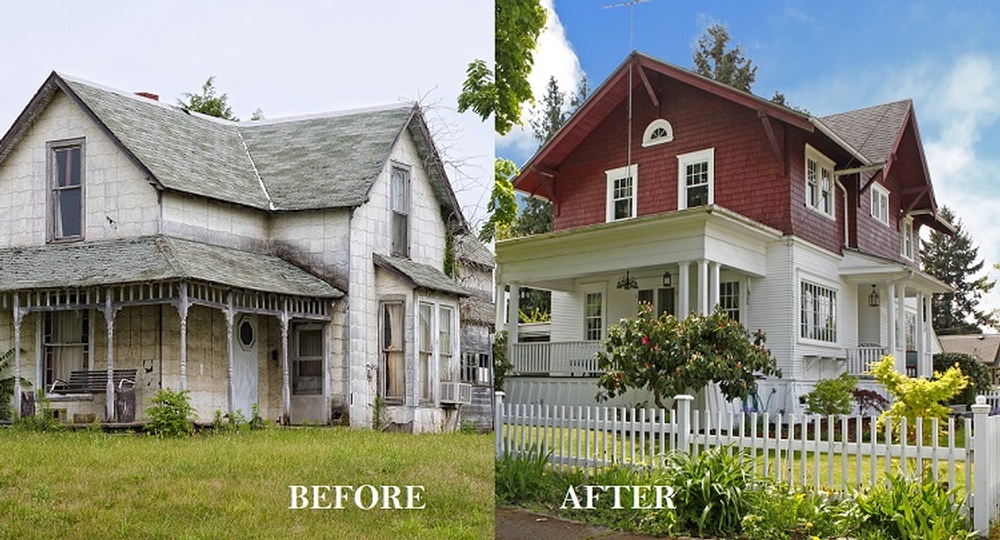
If you are a real estate investor who is into buying and selling properties (flipping homes for profit) and do this full time then you know it is a very arduous process when securing a short term mortgage through a traditional bank type lender.
This is simply because the traditional bank type lender is designed to operate their business with long term return on investment in mind. Also, the guidelines they function under requires fully underwritten applications involving credit, income, debt, and documentation review.
-
Can you qualify for a mortgage while on probation?
Author: Victor And Taufeeq | | Categories: best mortgage rate , mortgage rates , variable rate , CMHC Insurance , Easy Mortgage Approval , First Time Buyer Mortgage , fixed rate , High Ratio Mortgage , hot housing market , Lowest Mortgage Rate , MDI , Mortgage Agent , Mortgage Approval , Mortgage Broker , Mortgage Default Insurance , Mortgage Features , Mortgage Insurance Premium , Mortgage Penalties , Mortgage Refinance , Mortgage Renewal , Mortgage Services , No Money Down Mortgage , Private Mortgage , Reverse Mortgage , Self Employed Mortgage , seller's market
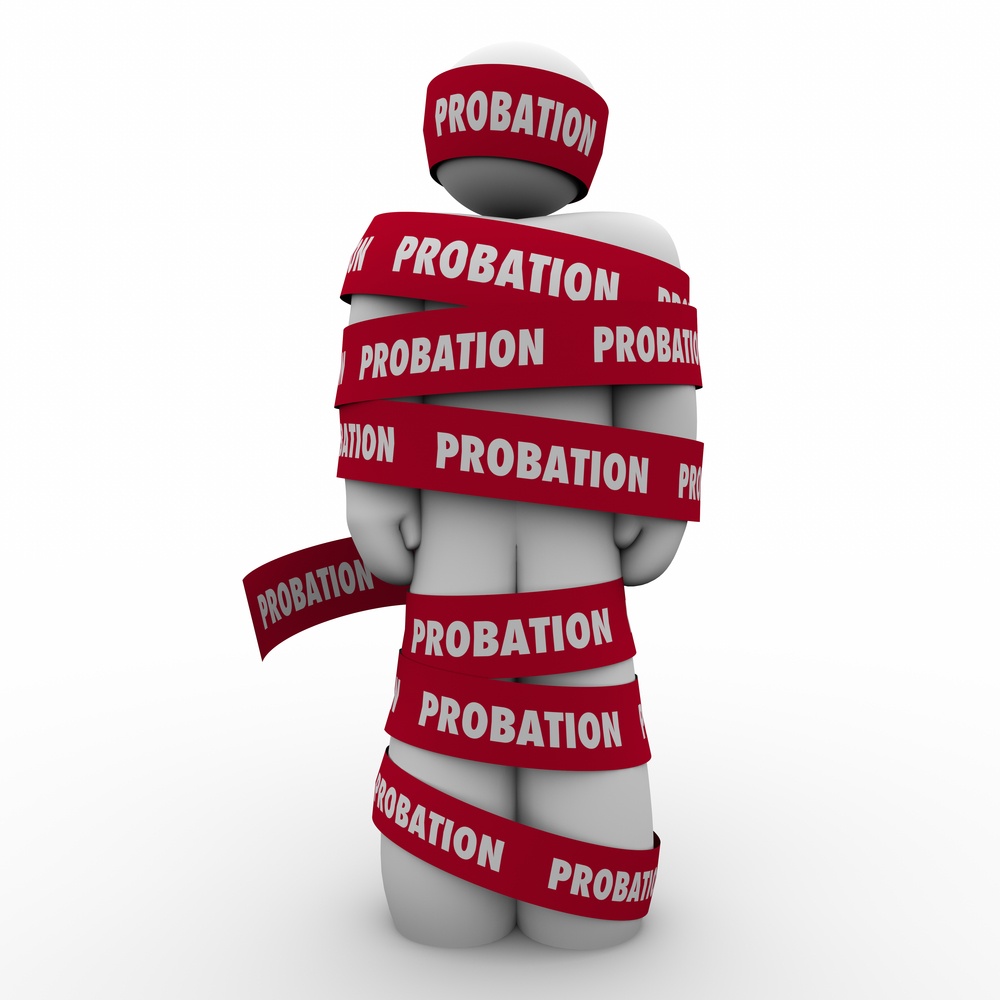
With so much going on in this new world order, many folks are changing employment, while they are looking to get in on the home ownership journey.
Often, these borrowers find that they need to wait until the probation period has ended in order for a mortgage transaction to close.
However, there are exceptions when borrowers can close on a mortgage transaction while on probation. Other situations may be those who work with renewable contract employments.
Here is what you need to know about qualifying while on probation.
-
When you don't have savings for down payment you may still be able to purchase
Author: Victor And Taufeeq | | Categories: best mortgage rate , mortgage rates , variable rate , CMHC Insurance , Easy Mortgage Approval , First Time Buyer Mortgage , fixed rate , High Ratio Mortgage , hot housing market , Lowest Mortgage Rate , MDI , Mortgage Agent , Mortgage Approval , Mortgage Broker , Mortgage Default Insurance , Mortgage Features , Mortgage Insurance Premium , Mortgage Penalties , Mortgage Refinance , Mortgage Renewal , Mortgage Services , No Money Down Mortgage , Private Mortgage , Reverse Mortgage , Self Employed Mortgage , seller's market

Purchasing a piece of property to call it your own seems like a dream that keeps getting farther and farther away for many folks. With high demand and tight supply continuing to have a chokehold on today’s sky high prices, resulting in often multiple bids for one property many are coming up short on having access to adequate down payment, even if they qualify for the purchase amount.
This is where the little known but long time Insurer backed Flex Down Program comes to assist.
-
Why are so many documents need for a mortgage approval?
Author: Victor And Taufeeq | | Categories: best mortgage rate , mortgage rates , variable rate , CMHC Insurance , Easy Mortgage Approval , First Time Buyer Mortgage , fixed rate , High Ratio Mortgage , hot housing market , Lowest Mortgage Rate , MDI , Mortgage Agent , Mortgage Approval , Mortgage Broker , Mortgage Default Insurance , Mortgage Features , Mortgage Insurance Premium , Mortgage Penalties , Mortgage Refinance , Mortgage Renewal , Mortgage Services , No Money Down Mortgage , Private Mortgage , Reverse Mortgage , Self Employed Mortgage , seller's market

You finally purchase the dream property, and your mortgage broker gets the file approved!
Great, first step of the process out of the way. But wait! The mortgage broker or their bank is asking for too many documents, and you have already provided what you thought would suffice.
“Not so fast Robin” says Bank-man, because your 90 day statement shows 4 large deposits, we need to slow down and ensure those are legitimate transfers. Well, you get the idea.
-
What is an Interest Rate Differential Mortgage Penalty?
Author: Victor And Taufeeq | | Categories: best mortgage rate , mortgage rates , variable rate , CMHC Insurance , Easy Mortgage Approval , First Time Buyer Mortgage , fixed rate , High Ratio Mortgage , hot housing market , Lowest Mortgage Rate , MDI , Mortgage Agent , Mortgage Approval , Mortgage Broker , Mortgage Default Insurance , Mortgage Features , Mortgage Insurance Premium , Mortgage Penalties , Mortgage Refinance , Mortgage Renewal , Mortgage Services , No Money Down Mortgage , Private Mortgage , Reverse Mortgage , Self Employed Mortgage , seller's market
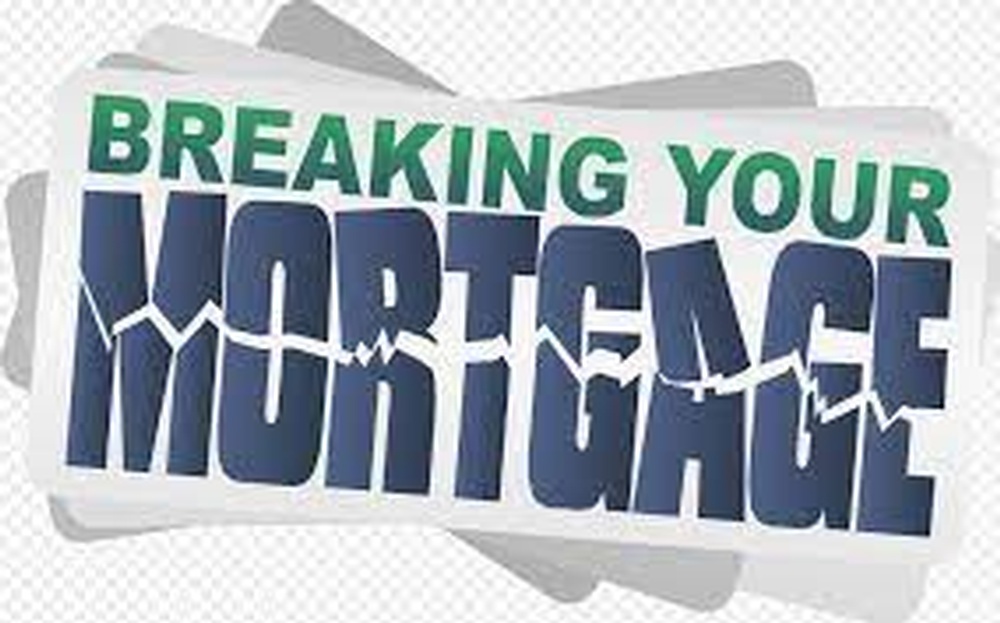
When getting into a mortgage contract there are options and features that most of us do not think of, with rate being the only factor in our minds. Much of the reason why we do not is simply because multi-millions of dollars are spent each year brain washing the general population into thinking that the mortgage rate is all there is to worry about.
Mortgage rates are carrots being dangled from sticks above, where the stick is the rest of the verbiage in the contract, including the mortgage penalty should you have to break this contract before maturity.
-
How to keep your cool when you are a buyer in a hot market
Author: Victor And Taufeeq | | Categories: best mortgage rate , mortgage rates , variable rate , CMHC Insurance , Easy Mortgage Approval , First Time Buyer Mortgage , fixed rate , High Ratio Mortgage , hot housing market , Lowest Mortgage Rate , MDI , Mortgage Agent , Mortgage Approval , Mortgage Broker , Mortgage Default Insurance , Mortgage Features , Mortgage Insurance Premium , Mortgage Penalties , Mortgage Refinance , Mortgage Renewal , Mortgage Services , No Money Down Mortgage , Private Mortgage , Reverse Mortgage , Self Employed Mortgage , seller's market
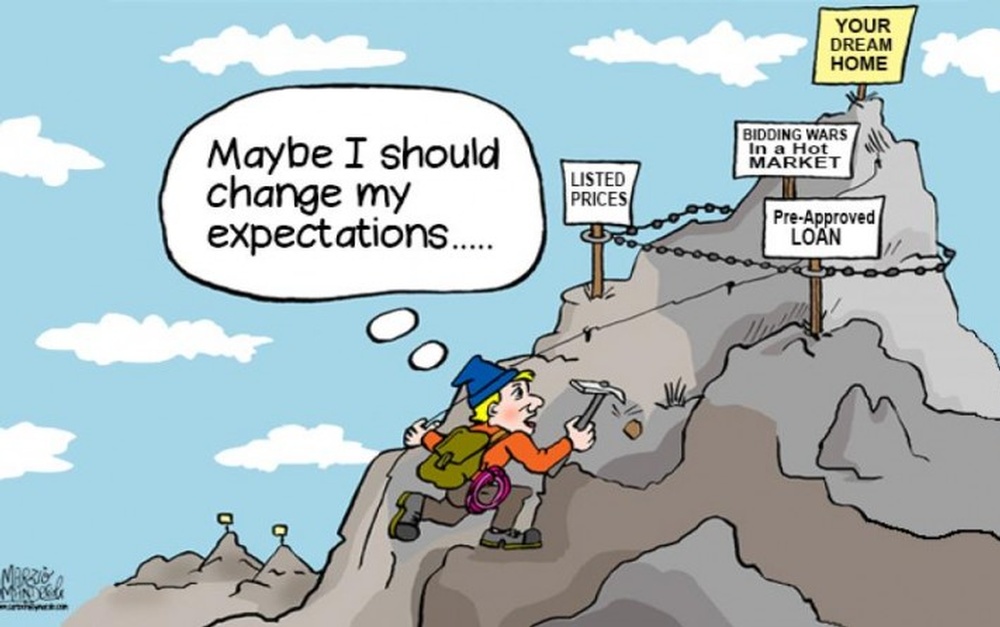
When the pandemic introduced itself and made a permanent impact into our daily lives most of us thought that along with many other industries the housing market would come screeching to a halt, like an 18 wheeler with all its brakes seized, burning rubber and blowing smoke in its wake. In short we expected a disaster.
But that idea was short-lived to say the least. It seems that many of us decided to make the move to become home-owners, or upgrade/downgrade during these trying times.
Fast forward to the present market and it seems the market has not really cooled down over the last few months.
Bidding wars and waiving all conditions, and thereby any safety nets in an offer has become a common experience.
-
What is a Mortgage Stress Test anyway?
Author: Victor And Taufeeq | | Categories: best mortgage rate , mortgage rates , variable rate , CMHC Insurance , Easy Mortgage Approval , First Time Buyer Mortgage , fixed rate , High Ratio Mortgage , Lowest Mortgage Rate , MDI , Mortgage Agent , Mortgage Approval , Mortgage Broker , Mortgage Default Insurance , Mortgage Features , Mortgage Insurance Premium , Mortgage Penalties , Mortgage Refinance , Mortgage Renewal , Mortgage Services , No Money Down Mortgage , Private Mortgage , Reverse Mortgage , Self Employed Mortgage

What is the mortgage stress test anyway?
The mortgage stress test is an interest rate set by the mortgage regulators that needs to be used in the qualifying steps of the mortgage approval process. The stress test interest rate, as of June 1, 2021, has been set at 5.25% or 2% above the interest current interest rate, whichever is greater.
-
Bank or Monoline?
Author: Victor And Taufeeq | | Categories: best mortgage rate , mortgage rates , variable rate , CMHC Insurance , Easy Mortgage Approval , First Time Buyer Mortgage , fixed rate , High Ratio Mortgage , Lowest Mortgage Rate , MDI , Mortgage Agent , Mortgage Approval , Mortgage Broker , Mortgage Default Insurance , Mortgage Features , Mortgage Insurance Premium , Mortgage Penalties , Mortgage Refinance , Mortgage Renewal , Mortgage Services , No Money Down Mortgage , Private Mortgage , Reverse Mortgage , Self Employed Mortgage
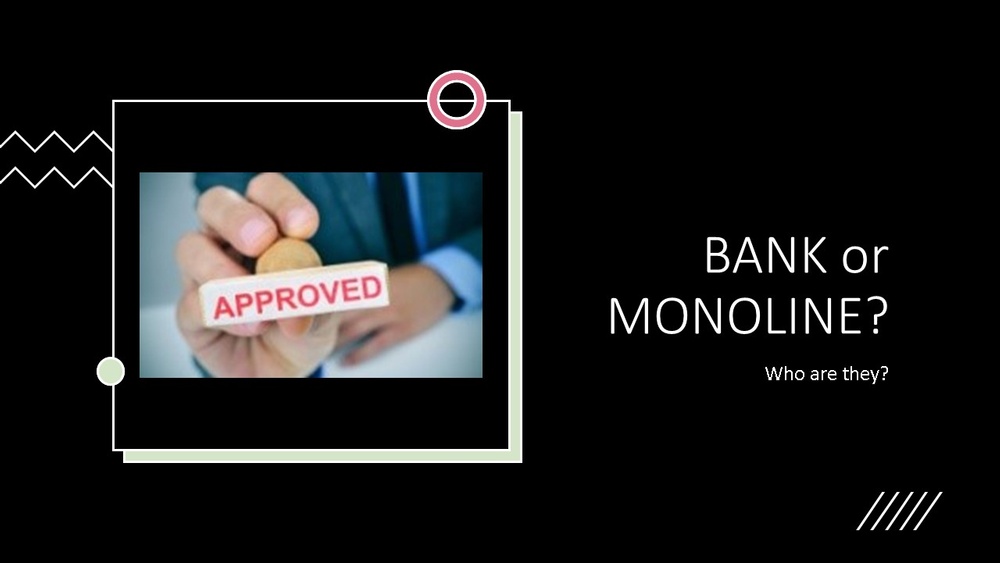
For most of us who do not work in the mortgage industry the only lenders we know of and come across when needing a mortgage related service are the traditional schedule “A” Banks. There are 5 major banks in Canada. Royal Bank of Canada, Toronto Dominion, Bank of Montreal, Scotiabank, and CIBC. However, there are many more lenders, who do not fit the brick and mortar profile of the traditional bank but have been in the mortgage market for many years. These lenders are known as monoline lenders, because their primary focus and often the only product/service is mortgage related. So what are…
-
How does the mandatory Mortgage Default Insurance (otherwise often called CMHC Insurance) work?
Author: Victor And Taufeeq | | Categories: best mortgage rate , mortgage rates , variable rate , CMHC Insurance , Easy Mortgage Approval , First Time Buyer Mortgage , fixed rate , High Ratio Mortgage , Lowest Mortgage Rate , MDI , Mortgage Agent , Mortgage Approval , Mortgage Broker , Mortgage Default Insurance , Mortgage Features , Mortgage Insurance Premium , Mortgage Penalties , Mortgage Refinance , Mortgage Renewal , Mortgage Services , No Money Down Mortgage , Private Mortgage , Reverse Mortgage , Self Employed Mortgage

It is a well-known fact that when a borrower is not putting a minimum of 20% of the purchase price as down payment, he/she must purchase the mandatory CMHC backed Mortgage Default Insurance (MDI). Below are some key factors that can help you understand this insurance product a little better. What is MDI (Mortgage Default Insurance? This is a Government backed mortgage loan insurance policy that a borrower must purchase when putting less than 20% down payment. The policy protects the bank providing the mortgage loan in the event the borrower is unable to make the mortgage payments and the loan goes…
-
No Monthly Payment Home Equity Mortgage
Author: Victor And Taufeeq | | Categories: best mortgage rate , mortgage rates , variable rate , Easy Mortgage Approval , First Time Buyer Mortgage , fixed rate , Lowest Mortgage Rate , Mortgage Agent , Mortgage Approval , Mortgage Broker , Mortgage Features , Mortgage Penalties , Mortgage Refinance , Mortgage Renewal , Mortgage Services , No Money Down Mortgage , Private Mortgage , Reverse Mortgage , Self Employed Mortgage

For many of us, our home is our largest asset, and we have spent many years taking care of it. Over the years we may have created quite a bit of equity through our hard work in paying off/down the mortgage, as well as the appreciation in property value of our home over the last several years. Even though we may have quite a bit of equity built up, accessing it may sometimes be difficult. If we refinance the property to take the equity out, we will have to make the monthly payments on this new loan. This may not always…
-
Our services versus the local bank branch
Author: Victor And Taufeeq | | Categories: best mortgage rate , mortgage rates , variable rate , Easy Mortgage Approval , First Time Buyer Mortgage , fixed rate , Lowest Mortgage Rate , Mortgage Agent , Mortgage Approval , Mortgage Broker , Mortgage Features , Mortgage Penalties , Mortgage Refinance , Mortgage Renewal , Mortgage Services , No Money Down Mortgage , Private Mortgage , Reverse Mortgage , Self Employed Mortgage
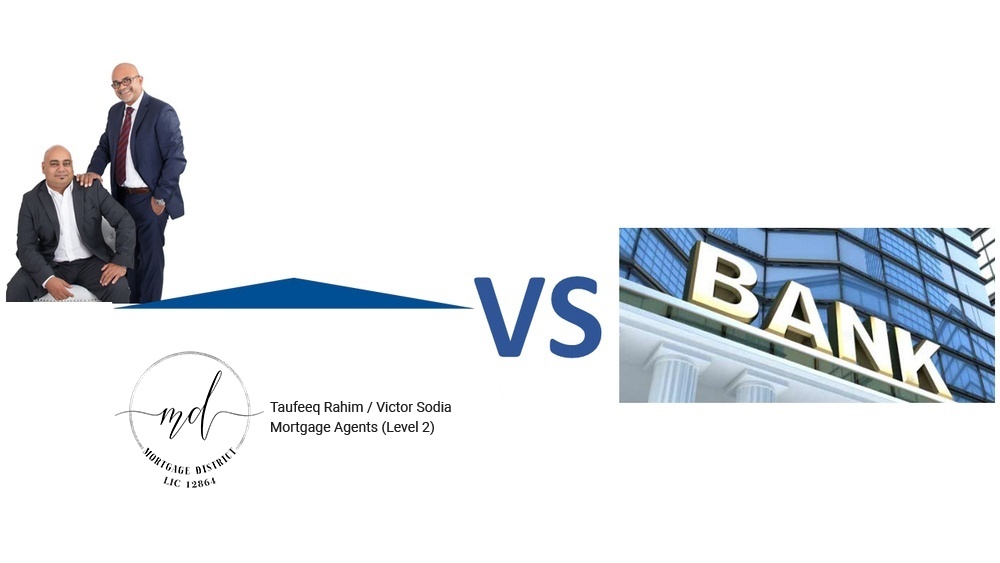
Our focus is solely on our customers in providing the best possible services that we are capable of in taking care of them. As a small business this is paramount to our success, to build strong relations with our clients by treating them right, working on their situations as if they are our own, and staying in touch through advices and assistance whenever they need us. Below are some of the highlights that set us apart from the services offered at the local bank branch.
-
Frequently Asked Questions About Mortgage Services and Mortgage Features
Author: Victor And Taufeeq | | Categories: Easy Mortgage Approval , First Time Buyer Mortgage , Lowest Mortgage Rate , Mortgage Agent , Mortgage Approval , Mortgage Broker , Mortgage Features , Mortgage Penalties , Mortgage Refinance , Mortgage Renewal , Mortgage Services , No Money Down Mortgage , Private Mortgage , Reverse Mortgage , Self Employed Mortgage

If you’re going to be responsible for paying a mortgage for the next twenty-five to thirty years, you need a complete understanding of the subject. However, with several mortgages services available today, clients have a ton of questions but find answers difficult to come by. We want to arm you with the most accurate information available to help you find the mortgage solutions you need. To do this, we’ve answered some of the most frequently asked questions about mortgage services and mortgage features.
-
Announcing the new website
Author: Victor And Taufeeq | | Categories: Easy Mortgage Approval , First Time Buyer Mortgage , Lowest Mortgage Rate , Mortgage Agent , Mortgage Approval , Mortgage Broker , Mortgage Features , Mortgage Penalties , Mortgage Refinance , Mortgage Renewal , Mortgage Services , No Money Down Mortgage , Private Mortgage , Reverse Mortgage , Self Employed Mortgage
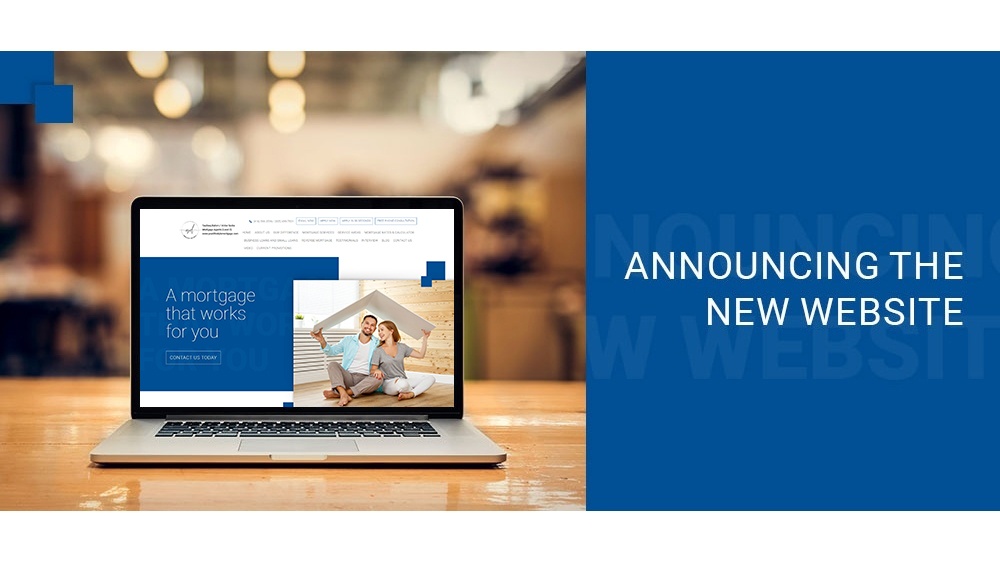
We are delighted to announce the launch of our new website!
-
New website under construction
Author: Victor And Taufeeq | | Categories: Easy Mortgage Approval , First Time Buyer Mortgage , Lowest Mortgage Rate , Mortgage Agent , Mortgage Approval , Mortgage Broker , Mortgage Features , Mortgage Penalties , Mortgage Refinance , Mortgage Renewal , Mortgage Services , No Money Down Mortgage , Private Mortgage , Reverse Mortgage , Self Employed Mortgage
New Website Coming Soon!


















